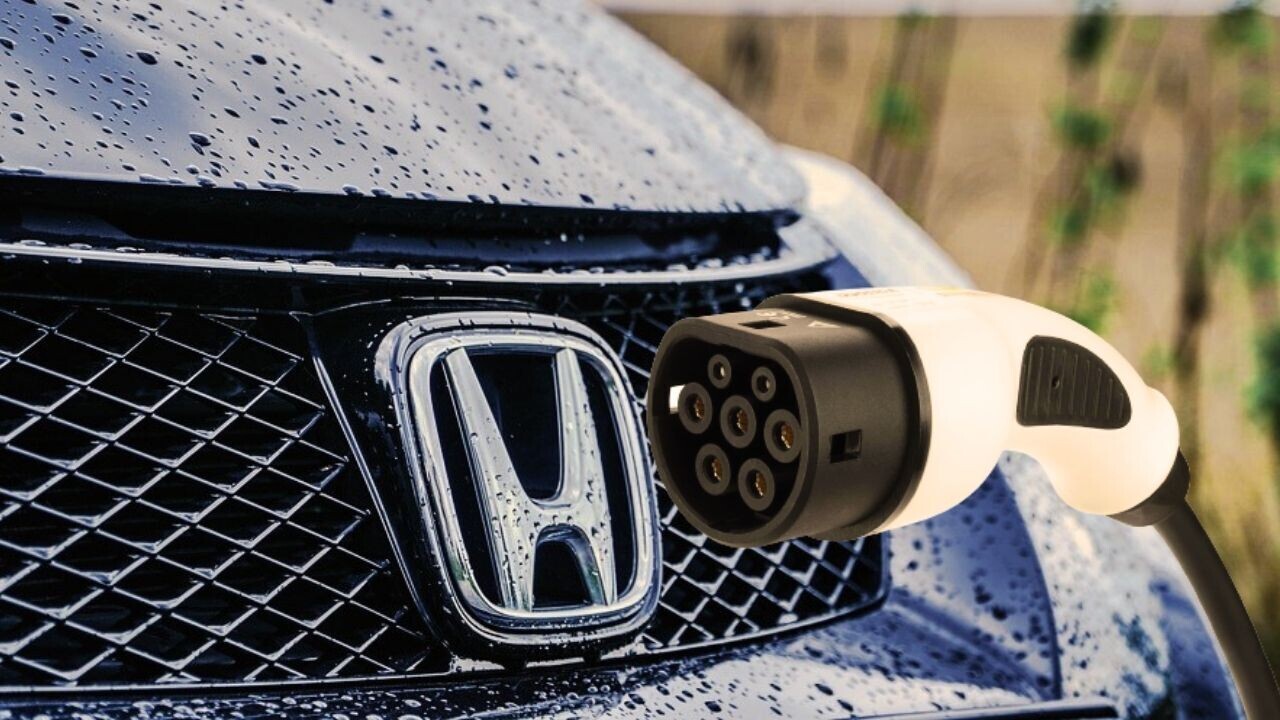Hondatoday announced some pretty bold electrification plans to achieve carbon neutrality by 2050.
The Japanese automaker will invest $40 billion (¥5 trillion yen) in its EV segment, including a new lineup, battery production, and software development.
30 new EV models by 2030
Yep, you read that right. 30 new EVs by 2030.
This is huge for Honda, especially as it’s currently only offering one electric vehicle — the Honda e — which itself is limited to the European market.
The company is planning to launch EVs that are tailored for each market, and is aiming for a production volume of more than two million units per year.
Starting now and continuing through the second half of the decade, Honda will introduce the following vehicles:
- North America: Two mid-to-large size SUVs, the Prologue and the Acura. They’re currently being developed in partnership with GM, and are set for launch in 2024.
- China: 10 new EV models by 2027.
- Japan: A rather cheap mini EV at $8,000 (¥1 million) for commercial use in the beginning of 2024. Following that, Honda will roll out personal use mini-EVs and electric SUVs. The commercial vehicle will come first because Japan lacks the charging infrastructure to support an immediate wide-scale EV deployment, Toshihiro Mibe, Honda’s CEO, explained.
After the second half of the 2020s (and providing that the popularity of electric cars has increased), the automaker will begin the global introduction of what it calls “the best EVs.”
For this reason, 2026 will mark the adoption of the Honda e: Architecture, a dedicated EV platform that includes both a hardware and software layer, and is cloud-connected. Up until then, the company will mostly lean on its partnership with GM, using the Ultium EV platform.
Plus, through its alliance with GM, Honda will introduce affordable EVs, whose cost and range will make them “as competitive as gas-powered vehicles.”
The rollout will begin in 2027, starting with North America.
There’s also a bonus: the Japanese automaker will globally launch two electric sports models, a specialty and a flagship vehicle. Unfortunately, that’s all the information we have for now, but it sounds juicy.

To realize these ambitious goals, Honda’s planning to build dedicated EV plants in China’s Guangzhou and Wuhan. It’s also looking to establish a dedicated EV production line in North America.
Powering the change
Honda is betting on both lithium-ion and solid-state battery technologies to ensure its seamless transition to electrification.
For now, it will secure the steady supply of lithium-ion batteries to each region by strengthening its external partnerships; specifically in North America with GM, in China with CATL, and in Japan with Envision AESC.
Starting mid-decade, however, Honda will focus its own research and development on solid-state batteries. It will invest approximately $343 million (¥43 billion yen) to build its own demonstration line, hoping to make it operational by the spring of 2024.
If the company succeeds, it’ll use the next-gen batteries in the models that’ll be introduced in the second half of the 2020s.
What’s the takeaway?
Honda has laid out an ambitious electrification plan, especially considering that the company is basically a newcomer in the EV industry.
The automaker’s push into EVs comes as rivals have already made aggressive commitments to electrify their lineups. Just in Japan, Nissan has announced 35 EV models by 2030, and even Toyota is aiming for 30 new models by the same time.
While it’s unclear which company will take the lion’s share of the EV market, it’s certain that the transition to electric vehicles is inevitable for any automaker.
Get the TNW newsletter
Get the most important tech news in your inbox each week.





